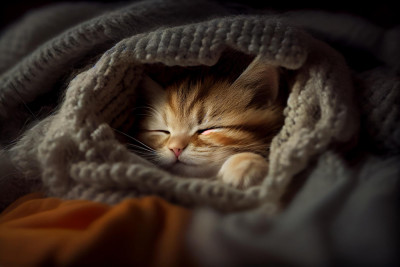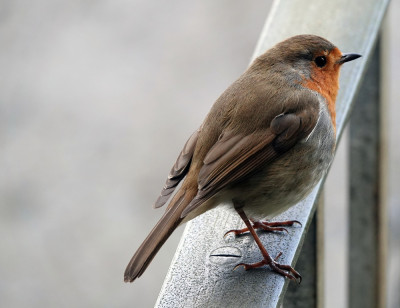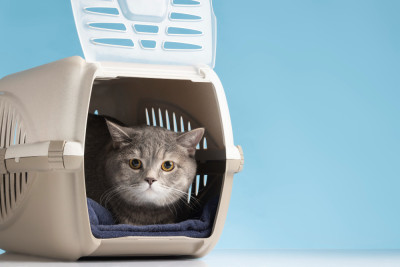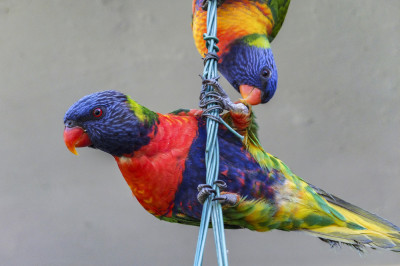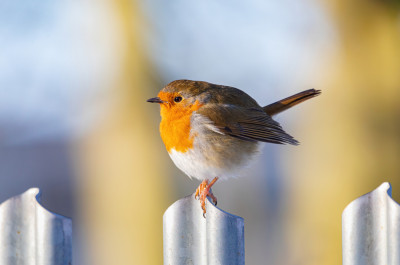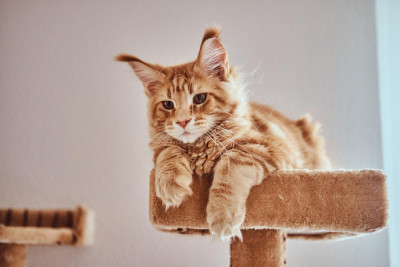1. Cats Are Natural Predators
One of the primary reasons behind a cat's high sleep quota is their evolutionary history as hunters. Wild cats are solitary predators that conserve energy between hunts. Domestic cats retain this instinctual behavior, even if their hunting territory is now your living room.
2. The Cat Nap
Cats are known for their "cat naps," short periods of sleep that occur throughout the day. These brief rests allow them to remain alert and ready to pounce at a moment's notice. It's a survival strategy that ensures they're always prepared for potential prey or threats.
3. Extended Sleep Cycles
Cats alternate between periods of light and deep sleep, similar to humans. However, they spend more time in deep sleep, which is essential for rest and body maintenance. During deep sleep, your cat's body repairs tissue and promotes overall health.
4. A Cat's Daily Sleep Quota
On average, cats sleep for about 12-16 hours a day, with some cats sleeping even more. Kittens and senior cats tend to sleep more than adult cats. If your cat's sleep pattern drastically changes, it might indicate a health issue, so it's crucial to monitor their habits.
5. Creating a Comfortable Sleep Environment
Cats are highly attuned to their environment, and they prefer safe, quiet, and comfortable places to sleep. Providing cozy cat beds, soft blankets, or warm sunny spots by windows can enhance their sleep quality.
6. Dreaming and REM Sleep
Cats, like humans, experience Rapid Eye Movement (REM) sleep, which is associated with dreaming. You might notice your cat twitching or making small movements during this stage of sleep. It's perfectly normal and often associated with dream-chasing or hunting imaginary prey.
7. Sleeping Patterns Reflect Health
Changes in your cat's sleeping habits can be indicative of their overall health. If your cat sleeps significantly more or less than usual, or if their sleep is restless and disrupted, it might signal underlying health issues. Consult with a veterinarian if you notice any significant changes.
8. Night Owls
Cats are crepuscular animals, meaning they are most active during dawn and dusk. Consequently, they may be more active and playful during these times and sleep more during the day and night. If your cat becomes particularly active at night, try engaging in interactive play sessions during the evening to help them release their energy.
Conclusion
Understanding your cat's sleeping habits provides valuable insights into their overall well-being. Cats' sleep patterns are a mix of evolutionary traits and domesticated behavior, with periods of light and deep sleep that serve various functions. Monitoring changes in your cat's sleep patterns can help you detect potential health concerns. By providing a comfortable and safe sleep environment, you can ensure that your feline friend enjoys restful slumber and remains happy and healthy throughout their life.

